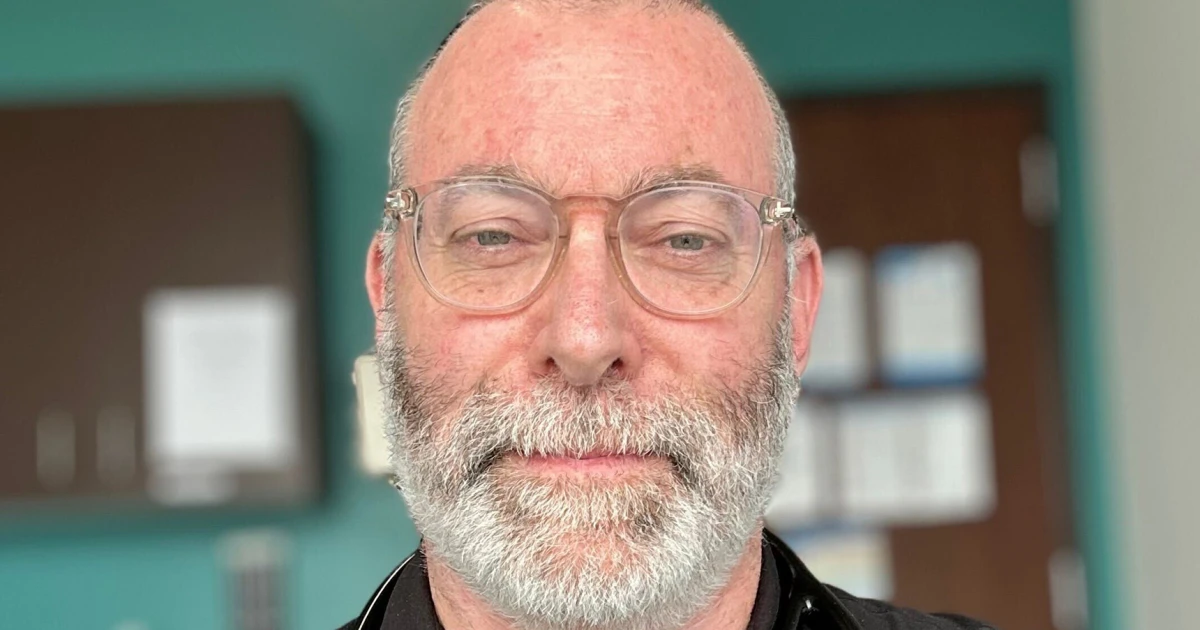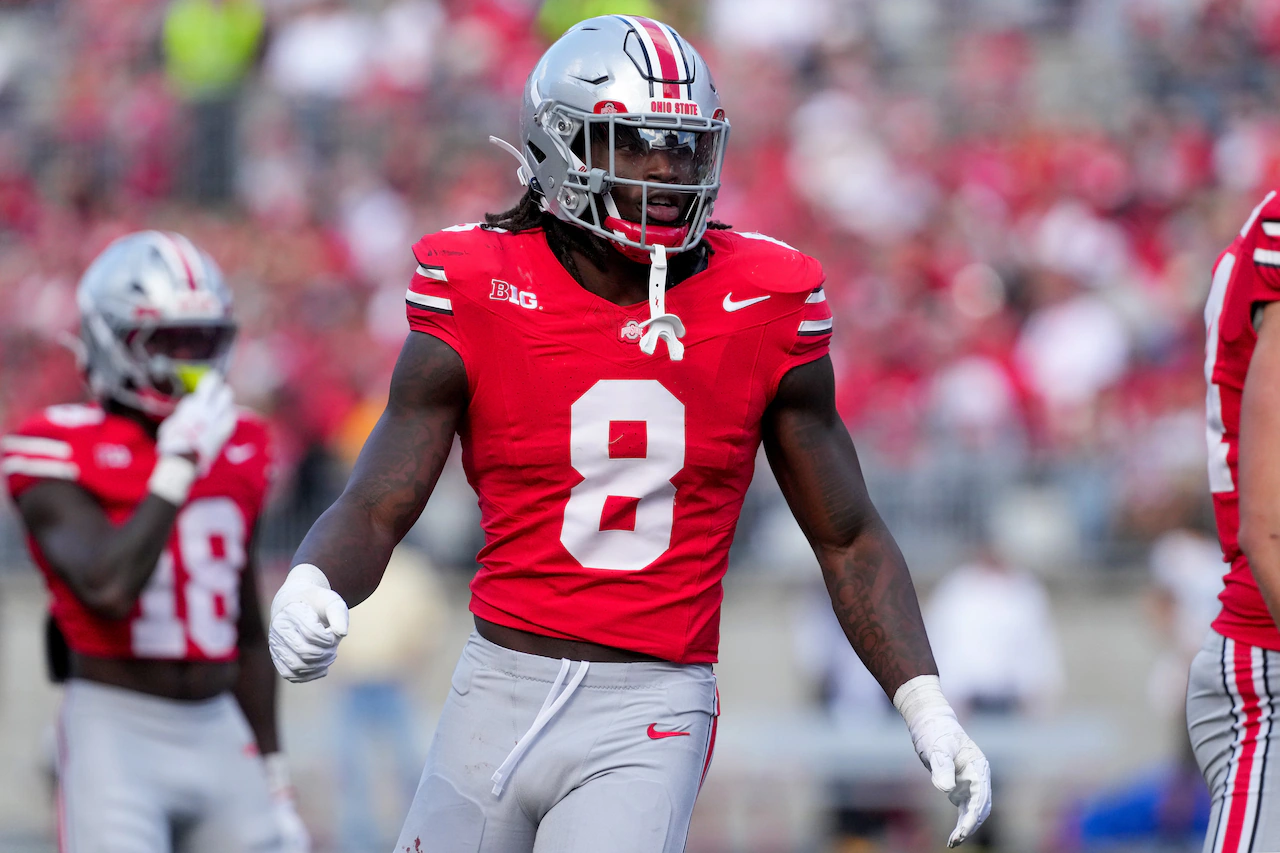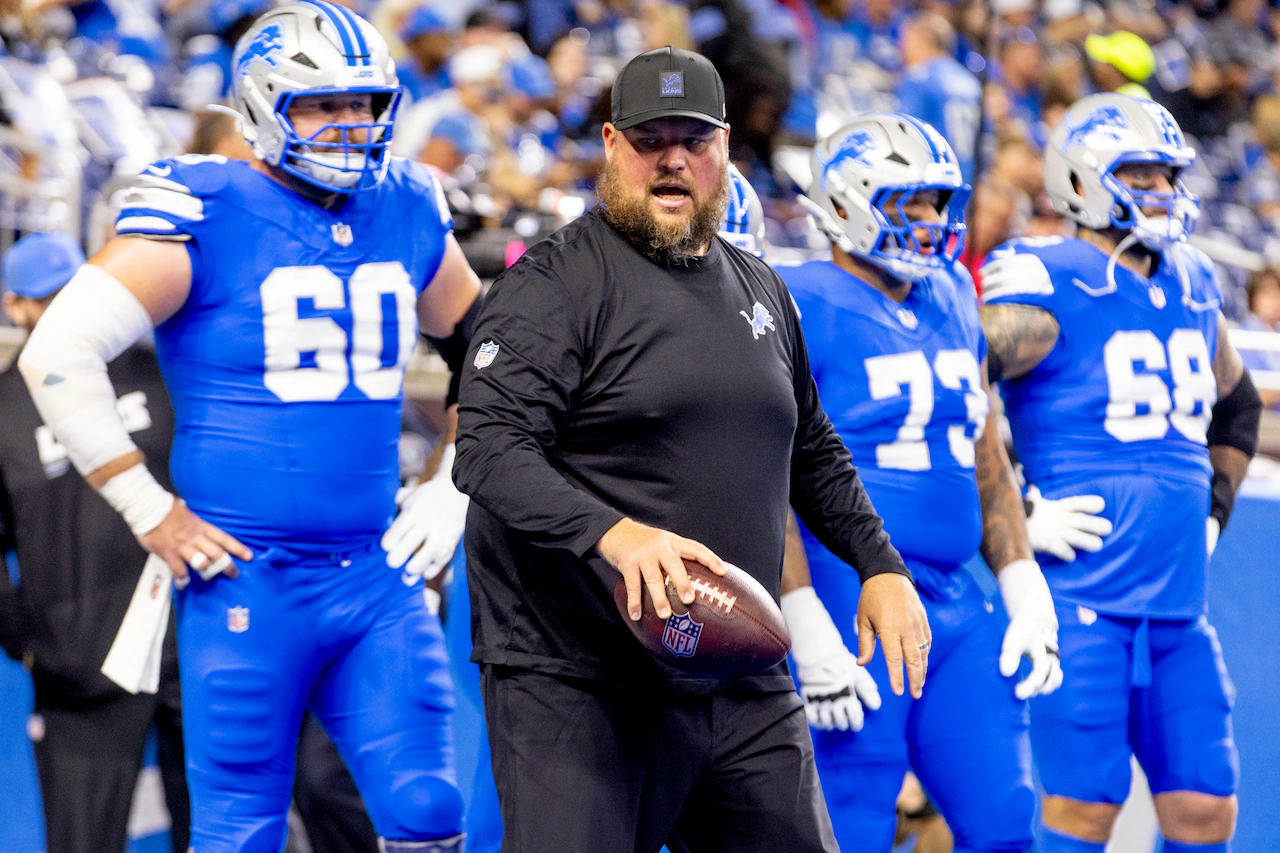
In living rooms across America, parents wrestle with a persistent fear: that every misstep, every harsh word, or every moment of inattention will irreversibly shape their children’s future. Dr. Michael Milobsky, a pediatrician in Colorado, says this fear is largely misplaced.
According to Milobsky, the long-term trajectory of a young person’s life is influenced far more by the neighborhoods they grow up in, the peers who surround them, and the genetic hand they’re dealt than by the daily choices of their parents.
“When we were younger parents, we were extremely rigid. We believed that if we could control every little thing, our kids would turn out perfectly, a shining reflection of us,” Milobsky, a father of seven children, tells TODAY.com. “But that’s a total fallacy.”
The reality, Milobsky says, is the most important parenting choice you make is determining the environment in which your child will grow up.
“The number once choice you can make that impacts your children long-term is the environment where you live,” he said in a now-viral TikTok clip. “And by environment, I mean your children’s peer groups, your school community, the community at large, where you live, and other adults in their life.”
After Milobsky shared his message on TikTok, he was inundated with comments ranging from agreement to frustration, and the post sparked a wider conversation about privilege and opportunity.
“Thank you, doctor! As a low income single parent I live in the crappiest house in the best school district I can afford.”
“I grew up in the worst environment but books and television were my escape. So parents don’t give up, there’s hope.”
“Idk why but this makes me wanna cry.”
“Money money money .. all about resources & privilege. Nobody chooses a bad neighborhood on purpose.”
“As a teacher — YUPPPP. I know several teachers who purposely work at a high scoring school district just so their kids can go to that school.”
While speaking with TODAY.com, Milobsky cites the work of Russell Barkley, a leading expert on child neuropsychology, whose research, he says, transformed his perspective as both a doctor and a father.
It was Barkley’s “shepherds, not engineers” analogy that particularly resonated with him. Milobsky explains it this way:
“A shepherd is responsible for the care and well-being of the flock. They can choose the pastures where the sheep graze, but they can’t turn a sheep into a different animal,” Milobsky says. “Children are born with an incredibly complex set of traits encoded in their genetics, which unfold as they grow, traits that have nothing to do with you as a parent. You cannot engineer an outcome.”
Ultimately, every child is born with innate personality traits that will surface sooner or later, no matter how they’re raised. “Your job is to recognize and respond to them, not to engineer or try to turn them into something else,” he says.
Milobsky says parenting has its greatest impact on a child’s behavior between birth and age seven. By the time a child reaches 15, that influence drops to roughly 6%, and after 21, it is essentially zero.
The central lesson, he stresses, is that parents must stop taking the blame for everything.
“I hope this gives you the ability to give yourself a little grace and permission to forgive yourself, and to recognize that not everything is your fault,” Milobsky says. “For parents raising young children in a world of constant information, it’s easy to blame themselves when things go wrong, thinking they didn’t parent perfectly or follow every piece of expert advice. The truth is, it’s not your fault.”
“You’re responsible for a fairly narrow set of things: love, warmth, and nurturing,” he continues. “Outside of that, much of it is already downloaded.”



